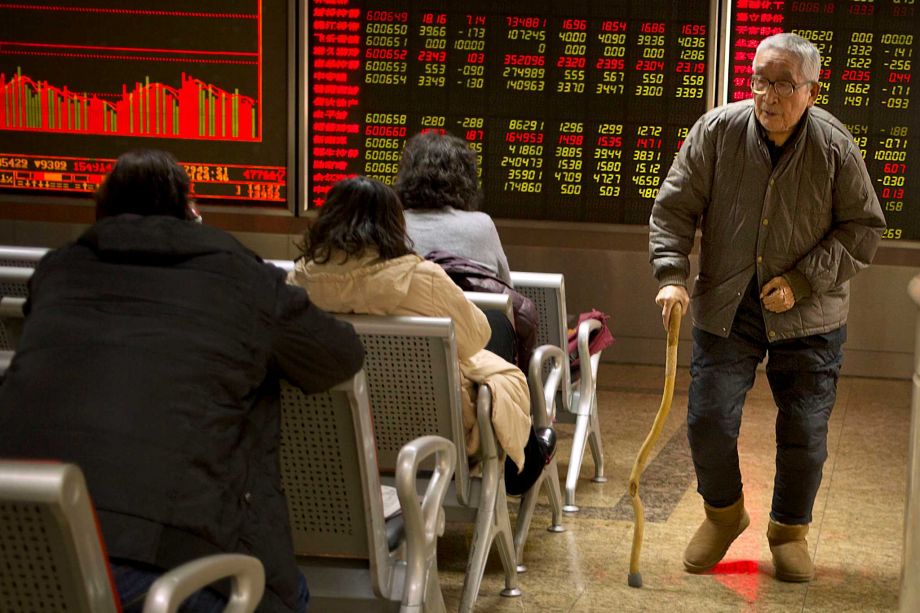China to halt stock trading for volatility from January
China will launch a planned circuit breaker mechanism on January 1 to curb wild swings in the stock market.
On the same day as the circuit breaker announcement, the Shanghai Futures Exchange said it will scrap a rule that allowed some kinds of high-frequency trading – a financial innovation many brokerages and funds had invested heavily in developing.
The system will follow changes in the Hushen 300 Index, which reflects the performance of China’s Shanghai and Shenzhen stock exchanges.
Moves of 7% from the previous close would result in a trade suspension for the rest of the day.
That in turn “will help maintain market stability and market orders and protect investors’ rights and interests and help promote stable and health development of the capital market in the long term”, he said.
The proposal was first announced by the nation’s exchanges in September.
If the index – which includes companies such as banking giant ICBC (HKSE: 1398-OL.HK – news) and energy majors PetroChina (HKSE: 0857-OL.HK – news) and Sinopec – gains or loses seven percent, trading will be suspended for the rest of the day to avoid “extreme systemic risks”, the Shanghai exchange said.
The exchange said the plan has been approved by the CSRC.
“The introduction of a “circuit breaker” can reduce extreme sentiment and make the market more rational by giving investors time to calm down”, Chen Jiahe, an analyst at Cinda Securities, told AFP. Beijing has also stepped up rule enforcement.
On Friday, the benchmark Shanghai Composite closed down 1.66 per cent at 3,525.40 points, in line with a regional market selloff sparked by a monetary policy decision from the European Central Bank (ECB) that fell short of expectations.








